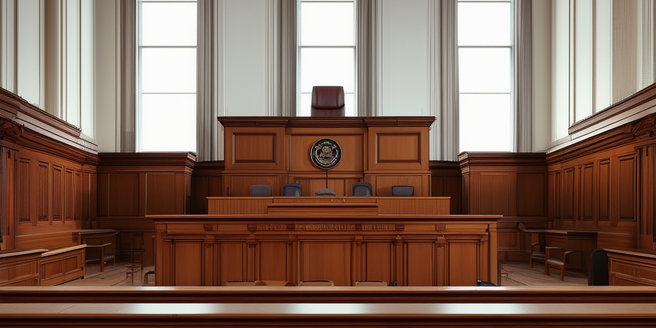
The Origins of Class Action Lawsuits
Class action lawsuits originated in the United States in the early 20th century. They were designed to address grievances shared by large groups of people, typically those without the resources to pursue individual claims. The mechanism proved essential in leveling the playing field in the legal system. The Equity Rule 38, established in 1938, formalized much of the process, allowing groups to combine similar individual cases into a single action. This legal framework has since expanded and evolved to adapt to various kinds of mass grievances. This offered a practical solution for handling complex legal matters affecting many people at once, laying the groundwork for modern class action litigation.
Landmark 20th Century Class Action Cases
The latter half of the 20th century saw several landmark class action cases that shaped the legal landscape. Notable examples include the 1970s Agent Orange case, which provided compensation for veterans exposed to the toxic chemical, and the 1990s tobacco litigation, which led to significant settlements and stricter regulations on cigarette advertising. In addition to securing financial reparations, these cases raised public awareness about corporate accountability. These pivotal moments not only brought justice to many but also prompted comprehensive legal reforms. These cases underscored the power of collective legal action and set precedents for future class action suits.
Class Action Cases that Changed Consumer Rights
Class action lawsuits have been pivotal in advancing consumer rights. Cases like the 2008 lawsuit against Apple for iPhone battery issues, and the 2001 Enron scandal, where investors sought reparations for fraudulent activities, have led to increased transparency and corporate accountability. In addition, they frequently serve as a wake-up call for other corporations engaging in similar malpractices. By addressing these issues through the legal system, it reinforces the importance of lawful corporate behavior. These lawsuits forced changes in corporate practices, ensured better consumer protections, and demonstrated the significant impact legal action can have on safeguarding public interests.
Environmental and Health Class Action Lawsuits
Environmental and health-related class action lawsuits have played critical roles in holding corporations accountable. The 1980s saw the groundbreaking case against Pacific Gas and Electric, depicted in the film Erin Brockovich, which addressed water contamination issues. These legal actions often bring much-needed attention to corporate negligence. The financial and reputational repercussions can be substantial. Such lawsuits can serve as a powerful deterrent against future misconduct. More recently, the 2010 BP oil spill resulted in massive settlements for environmental damage. These cases highlight the importance of class action lawsuits in enforcing environmental regulations and protecting public health.
The Impact of Class Actions on Corporate Practices
Class action lawsuits have had profound impacts on corporate practices. They often lead to significant financial penalties, policy changes, and increased regulatory scrutiny. In many cases, they also bring widespread public attention to issues that might otherwise go unnoticed. These types of lawsuits can motivate companies to adopt better business ethics to avoid future litigation. For example, the 1996 settlement with Dow Corning over silicone breast implants prompted stricter product safety standards and more robust consumer protections. By holding corporations accountable, these lawsuits serve as powerful mechanisms for ensuring responsible corporate behavior and safeguarding public interests.
Future of Class Action Litigation
The future of class action litigation is poised to evolve with emerging legal and technological trends. Increased use of digital platforms and data collection could lead to new kinds of class actions, addressing issues like data privacy and cybersecurity. The rise of artificial intelligence in legal services also stands to revolutionize how these cases are managed and argued. As the legal landscape shifts, lawyers and their clients will need to stay informed about the latest developments. Additionally, changes in legislation may either strengthen or restrict the ability to file such lawsuits. Regardless, class action litigation will likely continue to be a vital tool for collective redress and corporate accountability.
